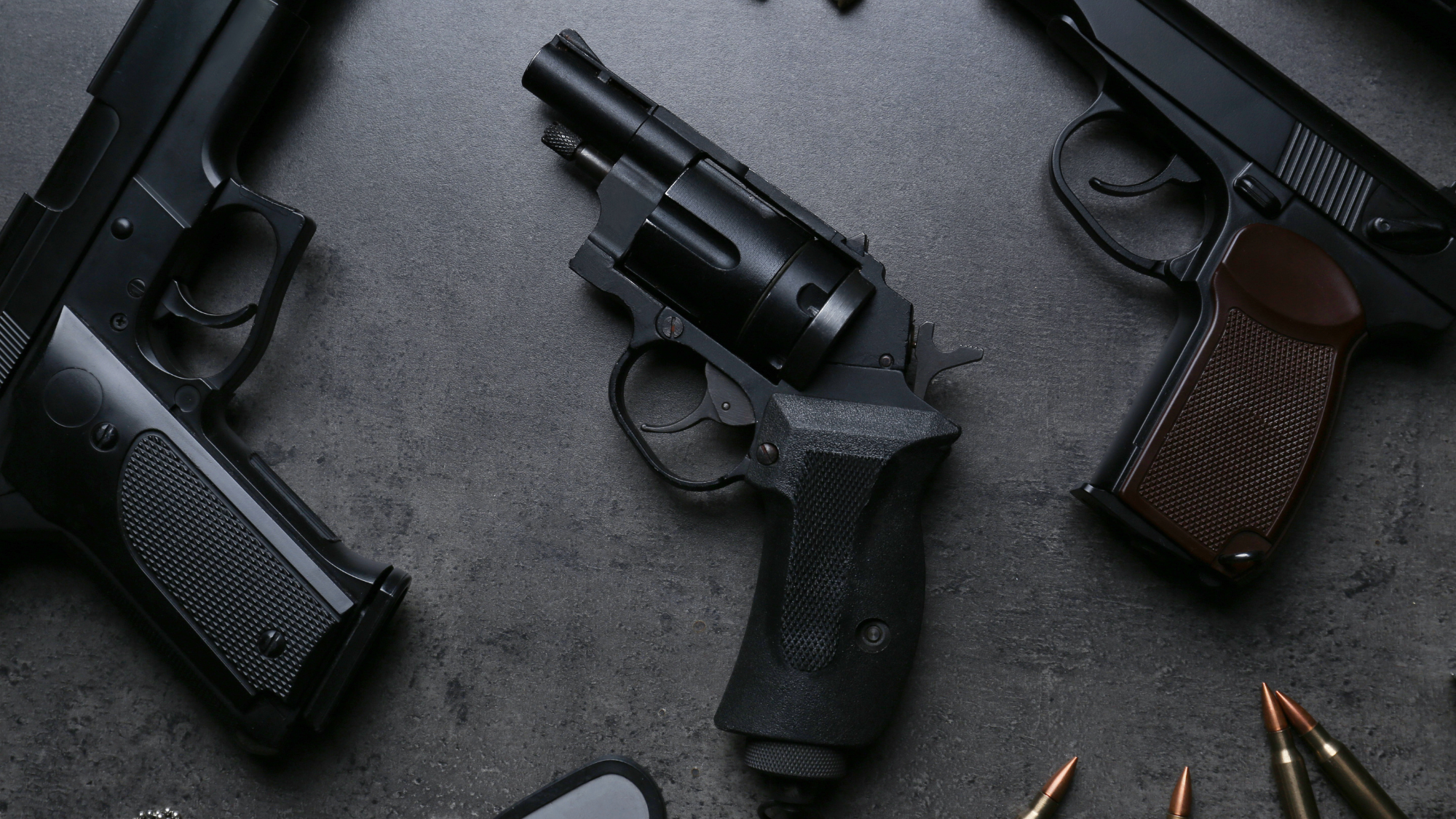
On June 5, the U.S. Supreme Court unanimously dismissed a $10 billion lawsuit filed by the Mexican government against Smith & Wesson. The lawsuit alleged that the company’s distribution model contributed to cartel violence by enabling firearms to reach criminal groups in Mexico.
Justice Elena Kagan, writing for the Court, stated that the Mexican government did not show that Smith & Wesson took any deliberate actions to support criminal activity. The decision clarified that “aiding and abetting” liability under U.S. law requires clear intent and active participation, not just passive business practices.
The ruling reinforces legal protections under the federal Protection of Lawful Commerce in Arms Act (PLCAA), which limits the liability of gun manufacturers and sellers for crimes committed with their products. The Court emphasized that lawful businesses cannot be held responsible unless there is direct and intentional involvement in criminal conduct.
This decision provides legal clarity and protection to gun manufacturers, wholesalers, and retailers, limiting the scope for both foreign and domestic lawsuits seeking to expand liability through indirect legal theories.

